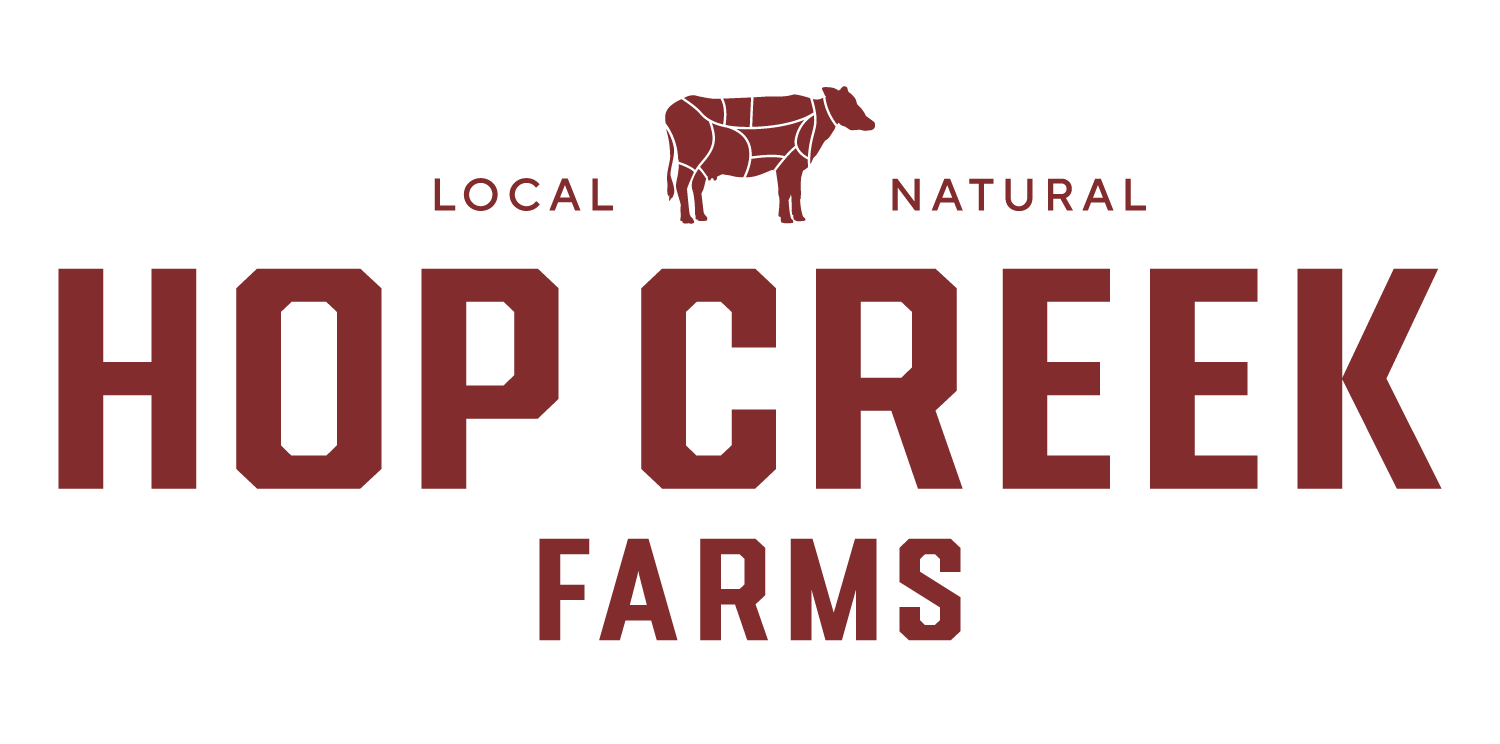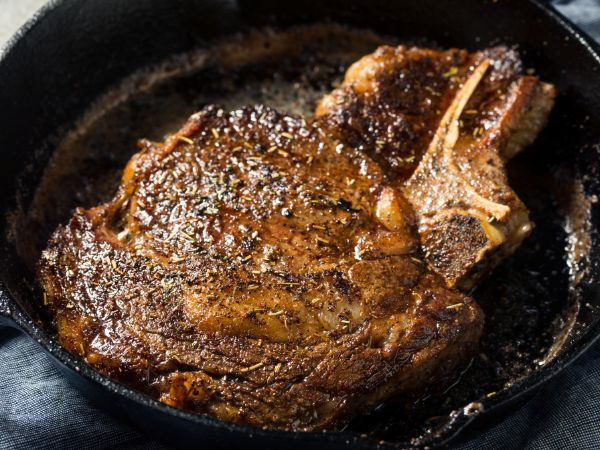Why is Grass-Fed Lamb Better For Us
posted on
May 13, 2023
Lamb has long been a staple in many cuisines around the world, providing a rich and flavourful meat option. However, not all lamb is created equal.
Grass-fed lamb, raised on a natural diet of grasses and forage, offers distinct advantages over conventionally raised lamb.
Let's explore the reasons why grass-fed lamb is better for us, both in terms of health benefits and environmental sustainability.
Shop our collection of grass-fed lamb right here at Hop Creek Farms.
Higher Nutritional Value
Grass-fed lamb is nutritionally superior to its grain-fed counterparts.
It contains higher levels of essential nutrients, including omega-3 fatty acids, vitamin E, and beta-carotene.
These nutrients play a crucial role in supporting heart health, brain function, and overall well-being.
Additionally, grass-fed lamb is leaner and has a healthier fat profile, with a higher ratio of beneficial omega-3 fatty acids to omega-6 fatty acids.
Improved Animal Welfare
Choosing grass-fed lamb contributes to improved animal welfare. Grass-fed lambs are raised in a more natural and humane environment, with ample space to roam and graze on open pastures.
This free-range lifestyle allows lambs to exhibit their natural behaviours, leading to healthier and happier animals.
Supporting grass-fed lamb production encourages sustainable and ethical farming practices, ensuring the well-being of the animals throughout their lives.
No Antibiotics or Hormones
Conventional livestock farming often involves the use of antibiotics and hormones to promote growth and prevent diseases.
Grass-fed lamb, on the other hand, is raised without the routine use of antibiotics or hormones. This means that when you choose grass-fed lamb, you're consuming meat that is free from these potentially harmful substances.
By supporting grass-fed lamb production, you contribute to a healthier food system and reduce the risk of antibiotic resistance.
Environmental Sustainability
Grass-fed lamb production promotes environmental sustainability.
Grass-fed animals rely on pastureland, reducing the demand for intensive grain farming and the associated environmental impacts, such as deforestation and excessive water usage.
The grazing habits of grass-fed lambs help maintain healthy soil, prevent erosion, and support biodiversity.
By choosing grass-fed lamb, you're making a positive impact on the planet and supporting a more sustainable agricultural system.
Superior Flavour and Quality
Grass-fed lamb offers a superior flavour and quality compared to grain-fed lamb.
The natural diet of grasses and forage enhances the taste and tenderness of the meat, resulting in a rich, distinctive flavour profile.
Grass-fed lamb is often praised for its melt-in-your-mouth texture and complex, earthy taste.
When you opt for grass-fed lamb, you're not only benefiting from its nutritional value but also indulging in a culinary experience that showcases the best qualities of the meat.
Your Diet Needs Grass-fed Lamb
Grass-fed lamb stands out as a healthier and more sustainable choice compared to conventionally raised lamb.
With its higher nutritional value, improved animal welfare, absence of antibiotics and hormones, environmental sustainability, and superior flavour and quality, grass-fed lamb offers numerous advantages.
By selecting grass-fed lamb, you support your own health, animal welfare, and the well-being of the environment.
So, the next time you enjoy lamb, consider choosing grass-fed options for a truly exceptional and responsible dining experience.
We also wrote a post on how grass-fed beef makes a difference so it's definitely worth incorporating this kind of meat in your.







